
-
Per Olaf Odegaard
Commentator at VG. Former foreign journalist and correspondent for VG in the USA. He writes mostly about international affairs.
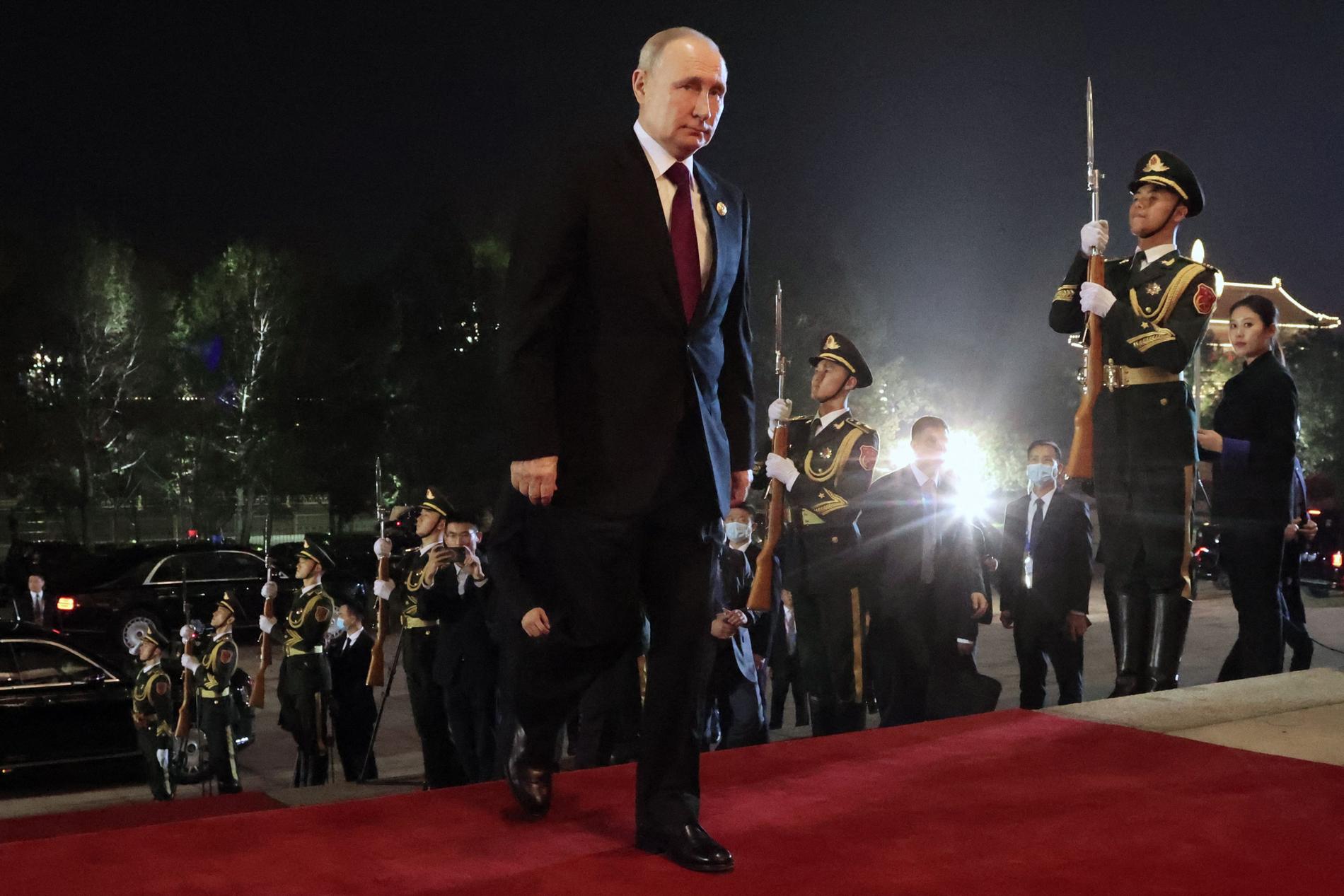
Vladimir Putin will exploit the war in the Middle East to his own advantage. It diverts the world’s attention from the Russian war in Ukraine.
- Vladimir Putin wants to exploit the war in the Middle East to his advantage, divert attention from Russia’s war in Ukraine, and strengthen its position in the Arab world.
- Putin claims that the United States and its allies do not want peace, but chaos in the Middle East.
- Russia has allied itself with repressive regimes in the Middle East and fought alongside the Shiite Hezbollah militia in Syria.
- The situation of Palestinian civilians in Gaza is worsening, with the risk of a regional war involving major powers
- Putin sees growing opposition in the United States to aid Ukraine and is capitalizing on Arab dissatisfaction with the US military presence in the region
At the same time, Putin can strengthen his position in the Arab world, at the expense of the United States. The clock has turned back to the Cold War, when the Soviet Union established close relations with Arab regimes and movements.
Putin claims that the United States and its allies do not want peace, but chaos in the Middle East. He claims that the West is creating division with the help of lies, provocations and aggression.
However, it is a more comprehensive description of how Russia behaves.
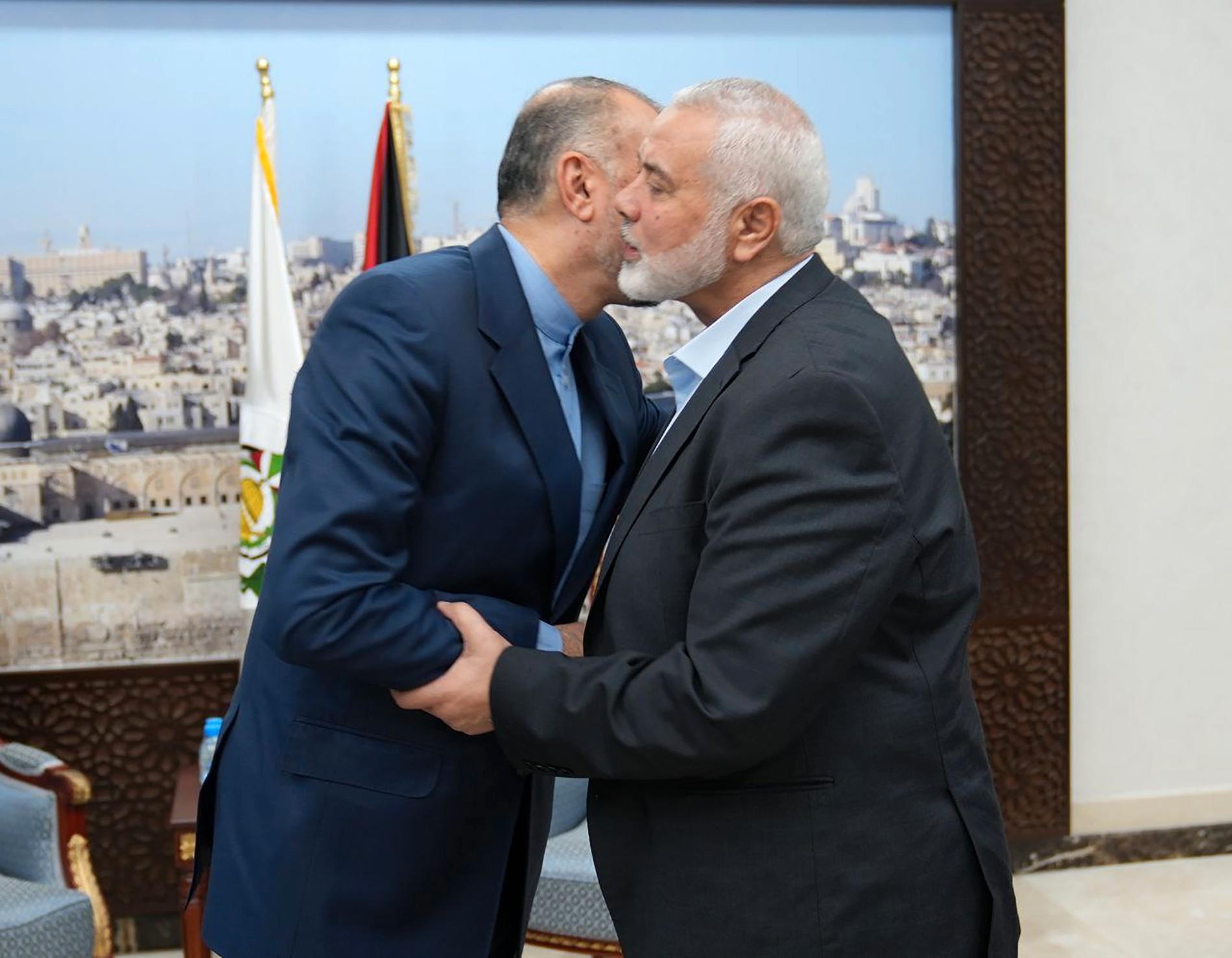
Palestine can only be helped by fighting those behind this tragedy. We are Russia. We are fighting them in terms of a special military operation. Both for ourselves and for those who fight for true freedom,” Putin said earlier this week.
“They” in this case are the United States and its allies. The “Special Military Operation” is Russia’s brutal, international war of aggression against Ukraine.
There will be no freedom if Putin wins, only submission. He has made alliances with the most repressive regimes in the Middle East.
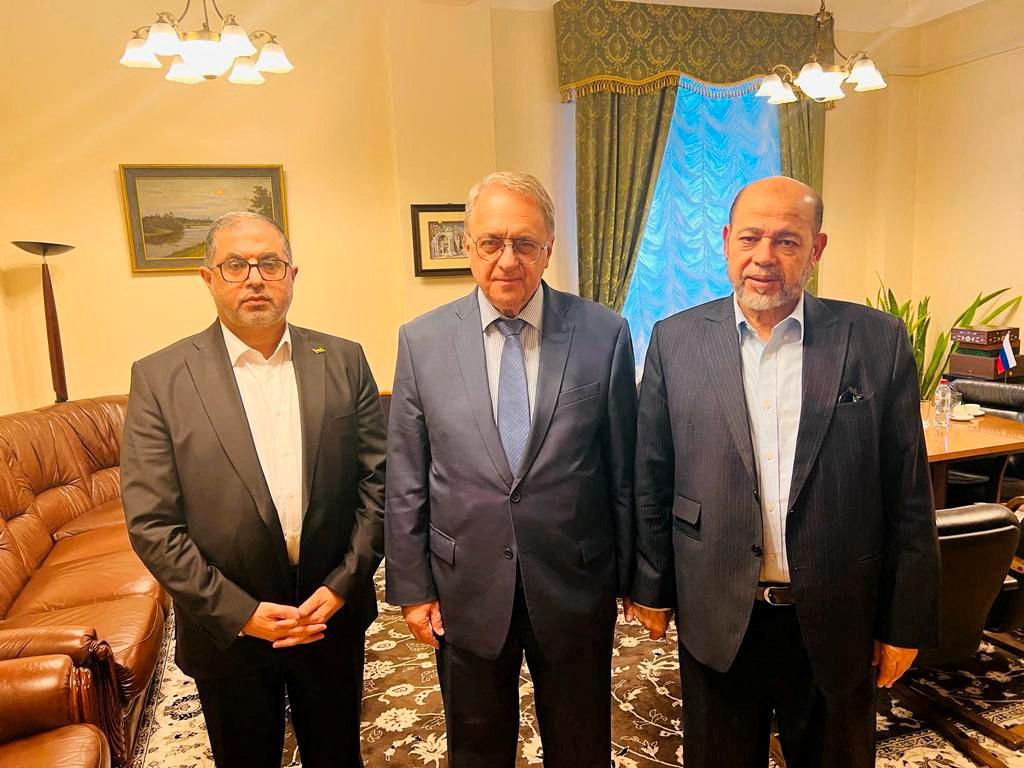
Putin claims to be concerned about the suffering of civilians in the war. It didn’t seem to bother him when Russia launched a war in Syria, or when Russian missiles hit civilian targets in Ukraine.
Like when 59 Ukrainian civilians were killed at a memorial service in a Russian missile attack on the village of Horozha in Kharkiv Province on October 5. The United Nations investigated the incident and concluded that there was no military target for the attack.
It seems that Putin’s involvement in Syria has been forgotten as well.
According to the United Nations human rights organisation, more than 300,000 civilians were killed in the war in Syria from 2012 to 2022. This equates to an average of 84 civilians killed every day for ten years.
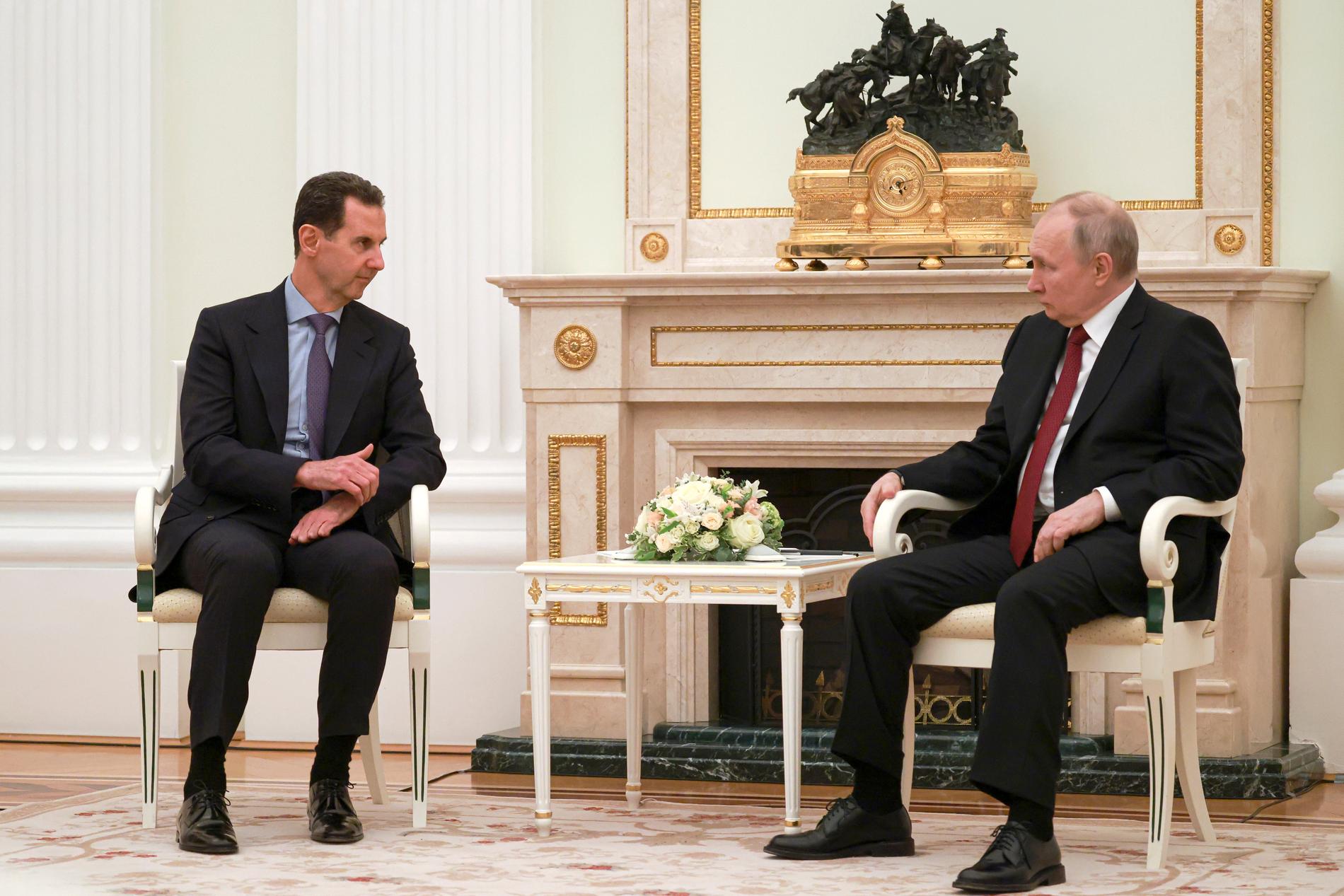
The fact that dictator Bashar al-Assad won the war is due to Russia and Iran helping him.
Russian aircraft bombed rebel-controlled areas, and Iranian-backed militias fought on the ground. The regime used poison gas against its own people to save itself.
Earlier this year, Assad was welcomed back into the Arab League. The killing of hundreds of thousands of civilians and the flight of millions from Syria did not prevent Assad from entering the cycle of tension.
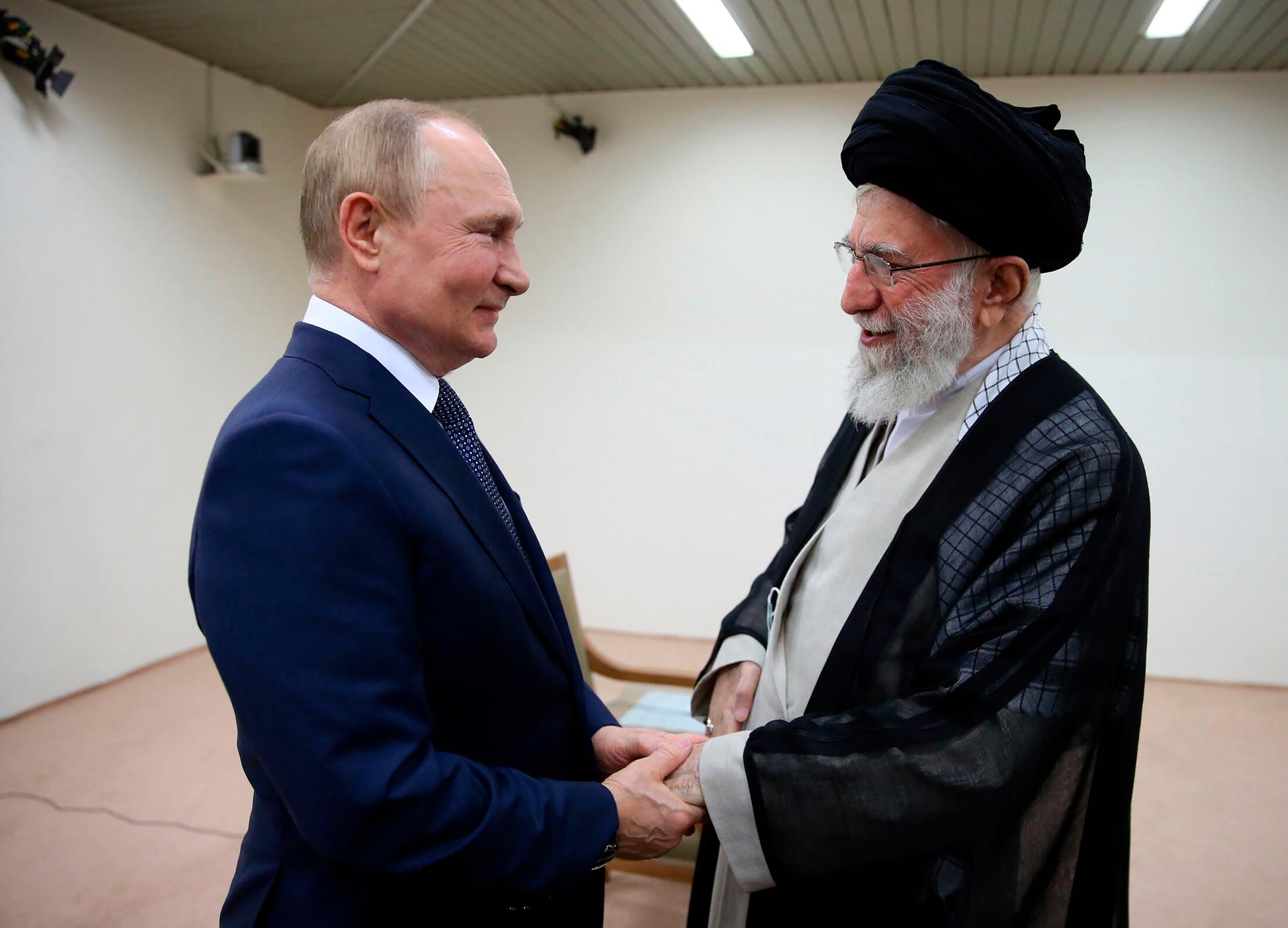
Orthodox Russia and the Islamic Republic of Iran are two very different regimes. But these two oppressive and authoritarian regimes find each other in a common enemy: the United States.
Anything that could weaken US influence serves their common interests.
Iran supplies Russia with military drones that it uses in the war against Ukraine. Relations between Russia and the theocratic dictatorship in Tehran have never been better.
Iran has formed an axis against Israel. It consists of Hezbollah in Lebanon, the Assad regime in Syria, and Hamas in Gaza. Putin maintains good relations with the dictatorships in Iran and Syria. The Russians fought alongside the Shiite Hezbollah militia in the war in Syria. Last week, a Hamas delegation visited Moscow.
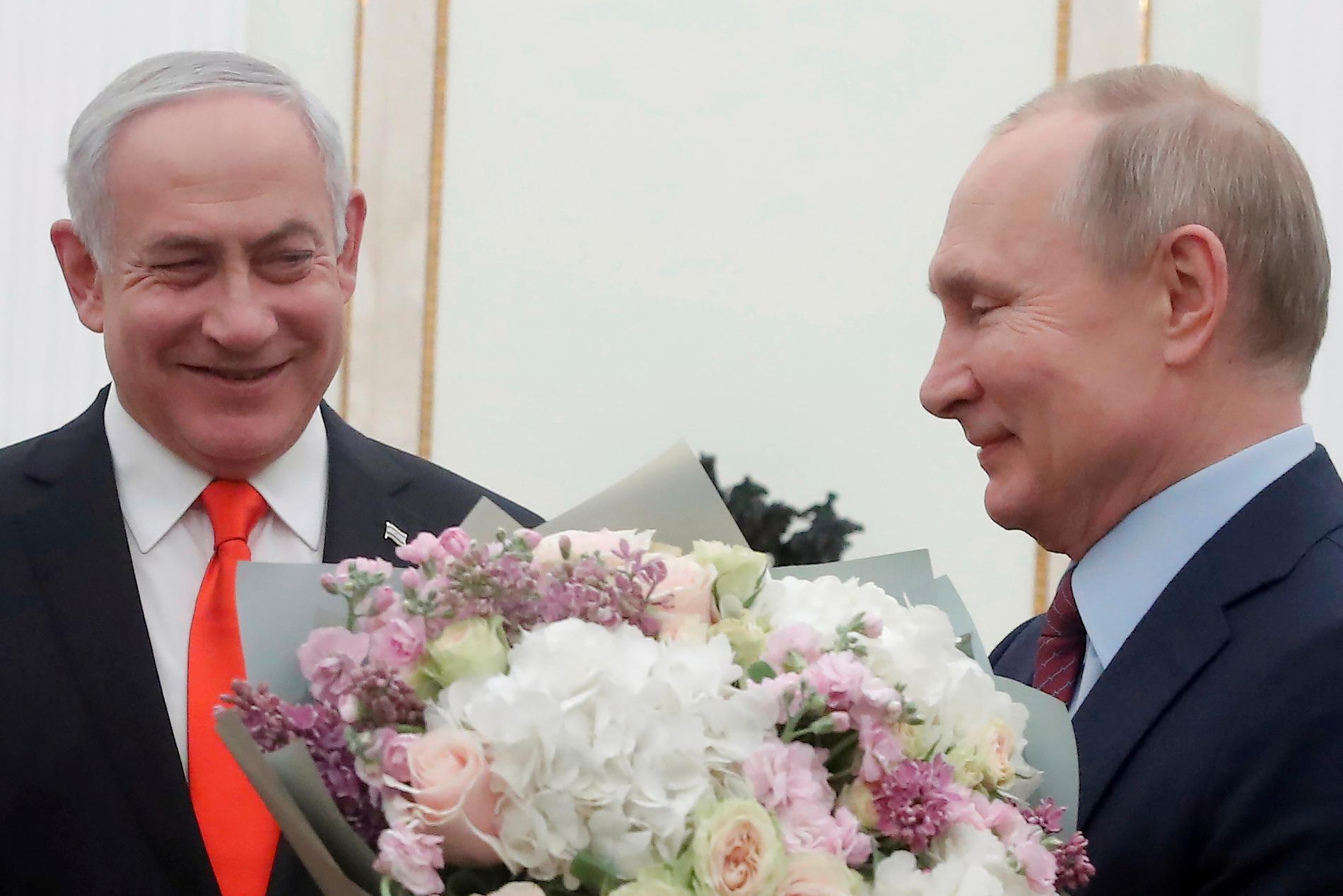
Putin hopes to gain stronger influence in other Arab countries, which have traditionally been closer to the United States. He could also gain acceptance among the countries of the South that condemn the Israeli war.
This is how Russia can break its international isolation after invading Ukraine.
Iran and Russia have already won. There will be no normalization agreement between the United States’ most important allies in the region, Israel and Saudi Arabia.
With the United States acting as mediator, the two countries are said to be close to reaching an agreement. The ongoing war in Gaza has made reaching an agreement impossible in the foreseeable future. Even authoritarian Arab regimes must take heed of the anger now being expressed in their streets against the Israeli war.
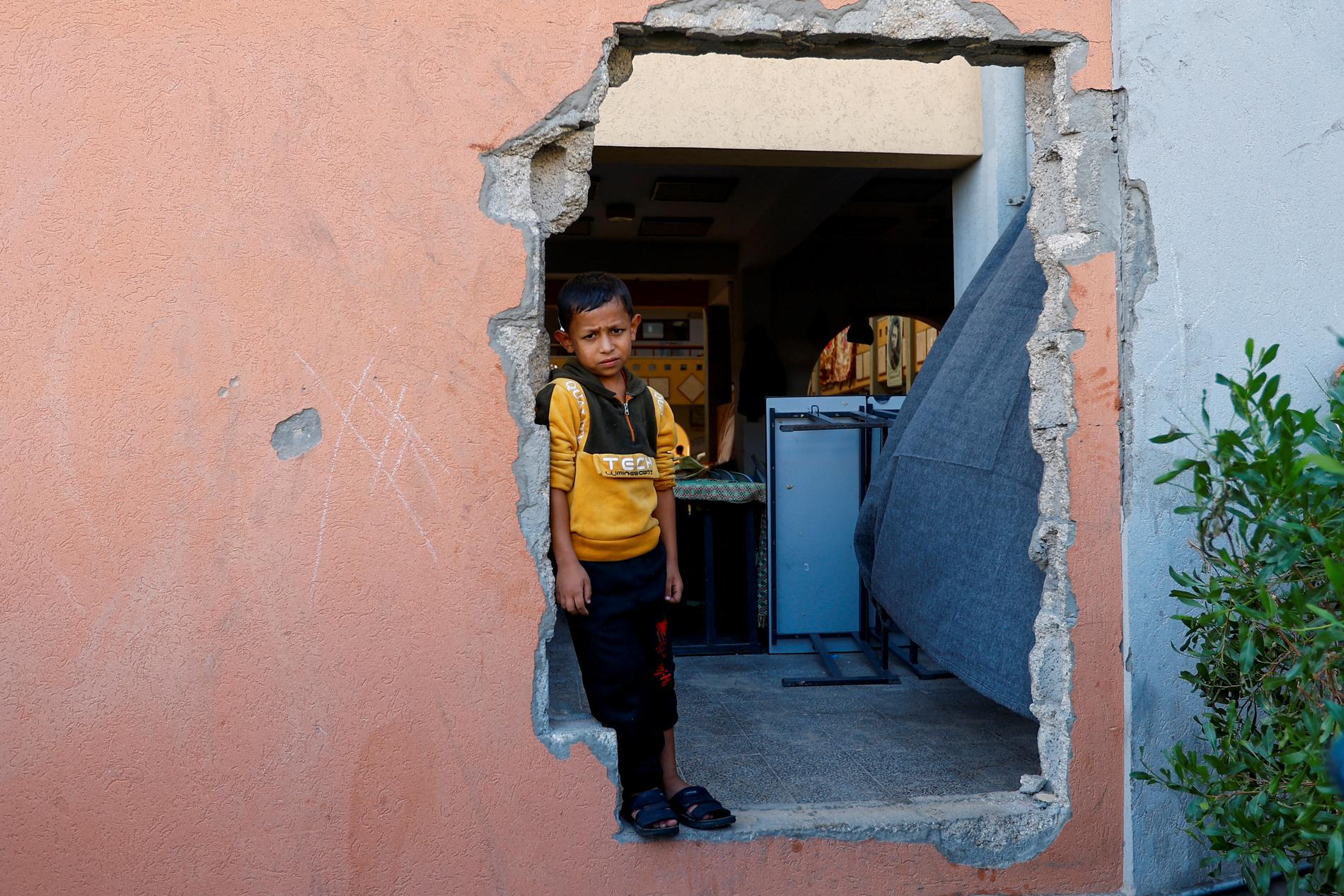
Israeli Prime Minister Benjamin Netanyahu thought he had a friend in Vladimir Putin. It was a serious misjudgment, among many things.
The two were photographed together on giant banners in the Israeli election campaign. Netanyahu’s government also did not join Western sanctions against Russia after the invasion of Ukraine.
After the Hamas terrorist attack that killed 1,400 Israelis, it took nine days for Putin to call his “friend” Netanyahu. Putin condemned the use of violence and attacks against civilians, but without mentioning Hamas.
Russia did not condemn the terrorism that sparked the war. Iran praised the terrorist attacks that occurred on October 7, describing them as a historic victory, but without claiming responsibility.
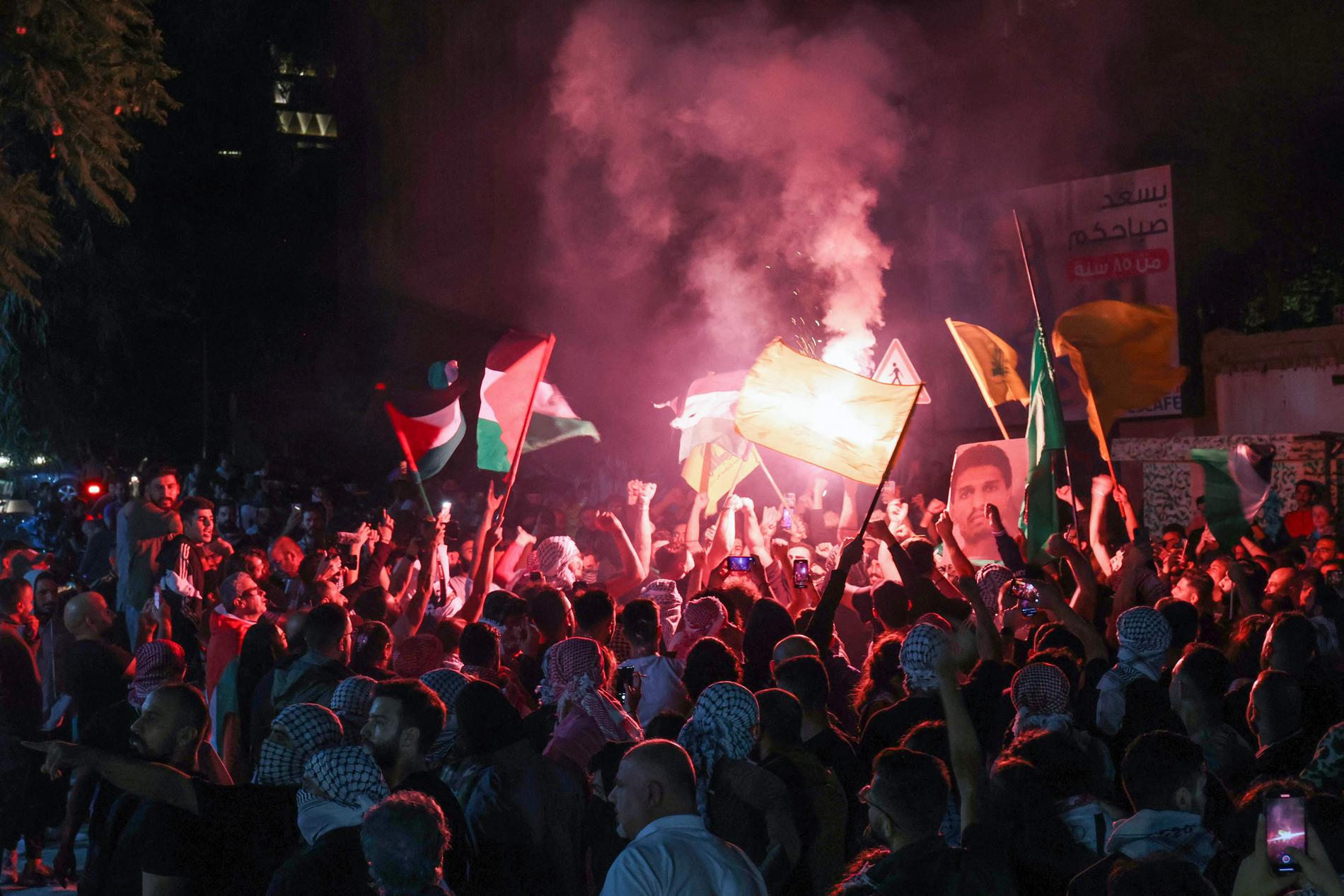
The situation of Palestinian civilians in Gaza is intolerable and unstable. The situation is getting worse with every day of the war. The death toll has risen to nearly 8,800, according to Gaza health authorities.
The longer the war lasts, the greater the risk of a regional war involving the great powers.
Putin sees growing opposition in the United States to helping Ukraine. It is in his interest for the United States to shift its focus to the Middle East. Putin can benefit from Arab resentment toward the United States as a result of the war, and work to strengthen its military presence in the region.
The United States says this is aimed at deterring others from exploiting the situation and provoking a major war in the region. But US bases in Syria and Iraq have already been attacked. The United States responded militarily to the Iranian-backed militias.
It only takes a little time before the fire spreads.

“Organizer. Social media geek. General communicator. Bacon scholar. Proud pop culture trailblazer.”
